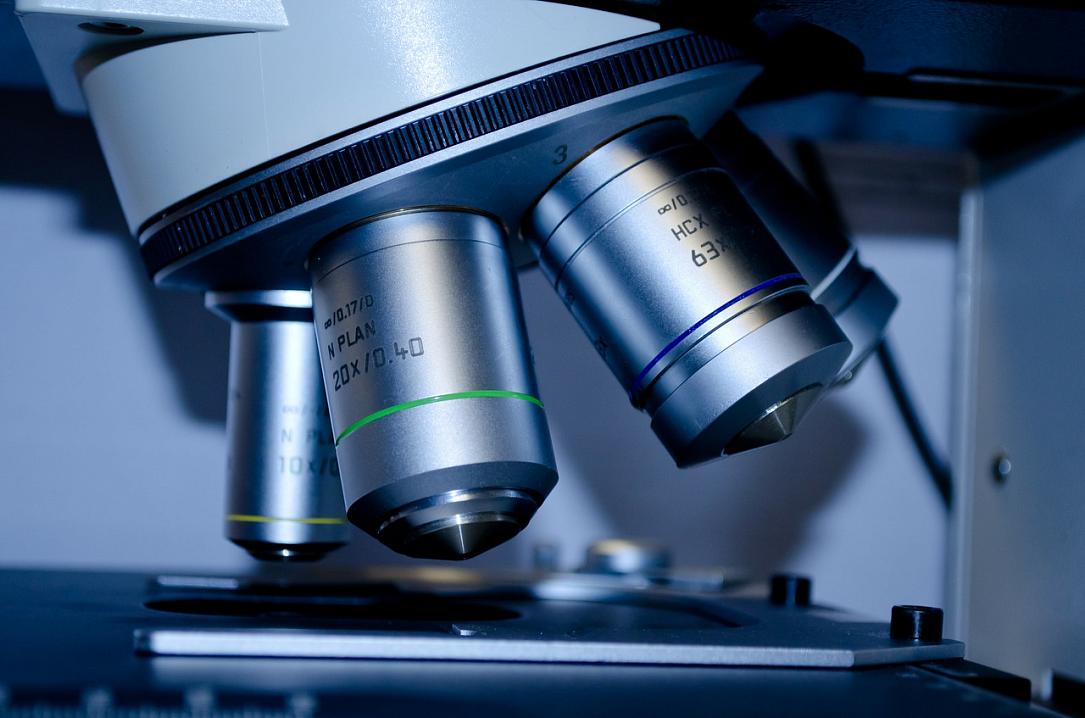Twenty cases of rare hereditary disease found in NE Romania village



In Romania, there are 26 diagnosed cases of transthyretin amyloidosis, a rare, hereditary disease that occurs when amyloids build up in the organs.
Amyloids are aggregates of proteins that build up in the body’s organs and tissue. The protein deposits can affect the heart, kidneys, liver, spleen, nervous system and digestive tract. They often occur in the peripheral nervous system, resulting in a loss of sensation in the extremities (peripheral neuropathy), one of the first symptoms of the disease.
An estimated 10,000 people have been diagnosed with the disease worldwide, according to professor dr. Daniel Coriu, the director of Hematology and Medullary Transplant Center at the Fundeni Clinic Institute, quoted by Monitorulsv.ro.
“All patients with transthyretin amyloidosis, with the Glu54Gln mutation, originate in Suceava county, in the area of Todireşti. So far, 120 people in Todireşti underwent investigations, but if we extend the research area to Rădăuţi and Botoşani I am convinced we will find new cases,” professor Coriu said. He said that he identified the first case of transthyretin amyloidosis in Romania in 2005.
He explained that the disease is not related to the environment only to genetics, as it is transmitted hereditarily. “I cannot say why it is concentrated in this area, but it is not environment related,” he said.
(Photo source: Pixabay)